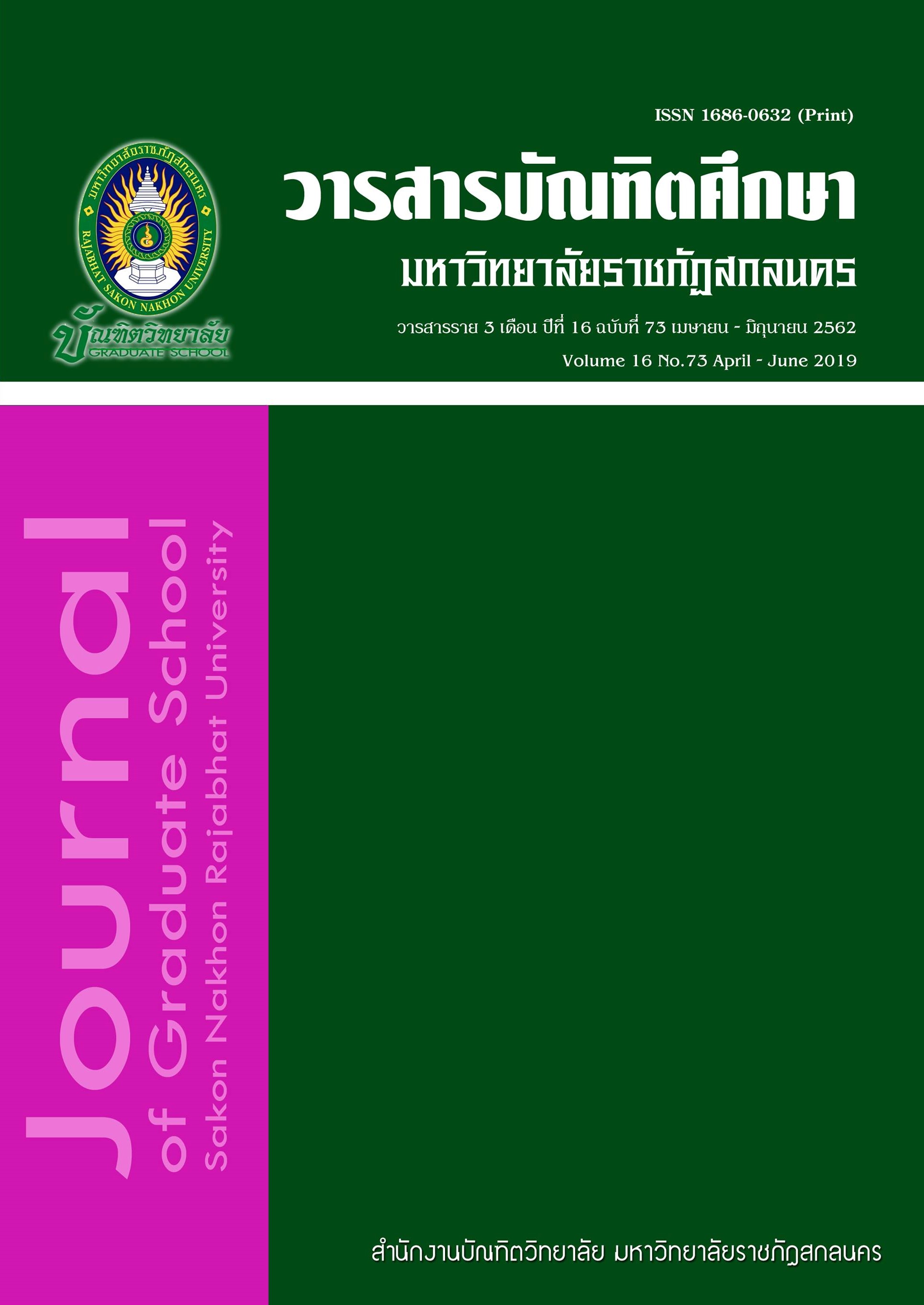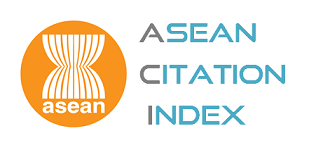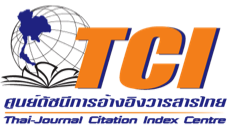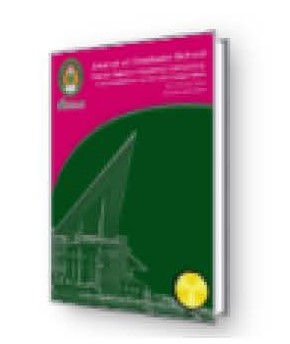สะเต็มศึกษาเพื่อการจัดการเรียนรู้สู่ทักษะการทำงานในศตวรรษที่ 21
Keywords:
คำสำคัญ, สะเต็มศึกษา, การจัดการเรียนรู้, ทักษะการทำงานในศตวรรษที่ 21Abstract
The dynamics of today’s world accelerates the changes in all aspects whether it be education, politics, economics, social, ways of life, technology communication advancement. So, syllabus and curriculum content is needed to be adjusted accordingly in coherent with the development of novel skills needed for the 21st century. However, it could be seen that current content in the core subjects seems insufficient to meet the demand for the skills in 21st century. Nonetheless, the core subjects can be used as the foundation framework and strategies for multidisciplinary learning management or the 21st century learning topics by promoting the acquisition of knowledge in core subjects and by embedding the 21st century skills into content of all core subjects which include: 1) World knowledge, finance, economics, business and entrepreneurship, civilian, health, environment; 2) Learning and innovation skills is the framework indicating readiness of the students in entering the today’s complex job environment; 3) Information, media and technological skills, due to the influx of information distribution and ubiquitous use of technology, students must be equipped with competence in critical thinking and multitasking skills
and able to exploit comprehensive knowledge; 4) Life and working skills for successful in living and working the today’s world. So, STEM education may serve as an alternative for learning management approach that could promote equipping the student’s 21st learning skills as it hybrids multidisciplinary skills inclusive of 4 disciplines, that are, science, technology, engineering, and mathematics by means of reducing duplicated content, promoting more knowledge in fewer class time with an emphasis hands-on self-directed activities, experimenting, inquiry by the students. The students could therefore construct their own knowledge, communicate and apply knowledge for their own benefits while the teacher just alters their roles from teacher-centeredness and becomes the facilitator, advisor, supervisor, mentor, and activity designer facilitating the students to gain knowledge, skills, and high-order thinking skills so that the students could eventually evaluate the progress of their own learning.
Downloads
Published
How to Cite
Issue
Section
License
บทความทุกบทความที่ตีพิมพ์ในวารสารบัณฑิตศึกษา มหาวิทยาลัยราชภัฏสกลนคร ถือว่าเป็นลิขสิทธิ์ของบัณฑิตวิทยาลัย มหาวิทยาลัยราชภัฏสกลนคร










